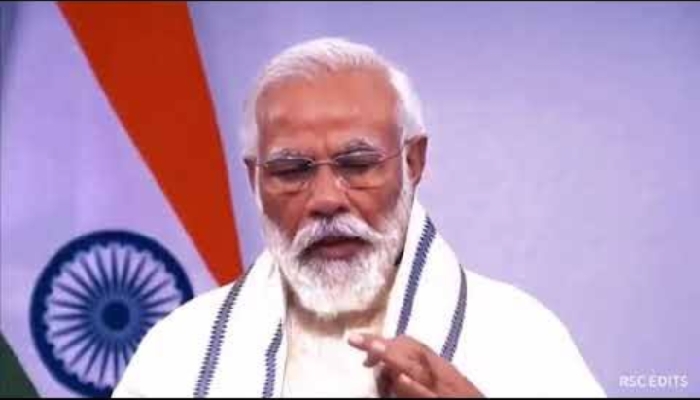New Delhi, Aug 18: Economy class passengers carrying more than 15kg check-in baggage on domestic flights may now have to pay almost thrice as much for the first five kilos.
 Low cost carrier (LCC) SpiceJet is considering raising the Rs 500 pre-booking charge for carrying 20kg to Rs 1,425.
Low cost carrier (LCC) SpiceJet is considering raising the Rs 500 pre-booking charge for carrying 20kg to Rs 1,425.
Hikes are also being contemplated for pre-booking in other weight bands beyond 20kg. Moreover, those checking-in more than 15kg without pre-booking may end up shelling out Rs 300 per kg.
"This is a proposal that we are considering. A final decision will be taken shortly," said a SpiceJet source. The new charges, if finalised, will be implemented from Friday itself. The move comes after the Delhi high court stuck down DGCA's order of Rs 100 per kg cap on excess baggage fee for the 15-20kg band on Wednesday. A senior DGCA official said, "We are studying the HC order to see the reasons why our order has been set aside. We will take legal opinion and then decide on whether to go in for an appeal against the HC order."
Other airlines are likely to follow suit. Only Air India said that economy class domestic flyers can check-in up to 25kg without a charge.
Even if airlines do not hike their existing charges, the impact on flyers checking-in 20kg can be significant if they implement the charge kept for beyond 20kg to beyond 15kg now. For instance, two low cost carriers (LCC) charge Rs 300 and Rs 350 per kg as excess baggage fee for domestic travel beyond the allowed limit. A full service airline charges Rs 500 per kg from economy passengers carrying beyond 20kg.
The higher charges used to start from over 20 kg due to the DGCA cap of Rs 100 on the 15-20 kg band. Now with that set aside, airlines are free to charge the higher fees they had for over 20 kg check-in baggage from over 15 kg itself now. No airline formally commented on what their policy for excess check-in baggage fees will be after Wednesday's HC order. "We are just waiting for someone to make the first move and then the rest will follow. Only AI can offer higher baggage limit as the airline is headed in a different direction (referring to impending sell off),"said an airline official.
AirAsia India, when launched in 2014, did not want to give any free check-in baggage to passengers and was directed by DGCA to allow 15 kg check-in baggage - like all other Indian carriers -to domestic flyers without any extra fee.
"We welcome this change proposed by the Delhi High court on the excess baggage fees. We will however evaluate this internally and see how this can be beneficial to both the guests as well as the airline, as we continue our endeavor to make flying affordable for all,"AirAsia India said in a statement.





Comments
All price hike to be with Indian Air Act Limoration. Air Lines has no right to hike any flight charge. Dear brothers please study about implemented by the Central Goverment.
Add new comment